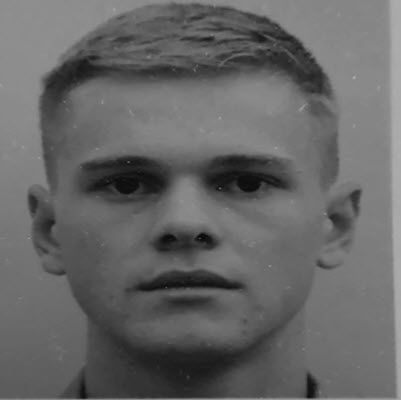Defining Influence across Online Social Media Platforms

Abstract:
The ubiquitous nature of social media has seen it become a conduit for the propagation of misinformation to a global audience. The unfettered nature of social media has served to delegitimize the online environment. This has been compounded through the use of social media by malicious actors for the conduct of influence operations at scale. Therefore, there is a need for a greater understanding of social media platforms within the context of Information Warfare. This paper has two main purposes: first to provide an overview of the current state of social media as a platform for coordinated disinformation campaigns; and also to introduce a new taxonomy, Social Media Platforms for Information Warfare (SMP-IW), outlines social network attributes and components for the identification of influence vectors within existing, emerging, and bespoke social media platforms. This taxonomy is a novel approach to the classification of social media platforms for the conduct of information warfare, and can serve as a baseline for future research operations in this area.
AUTHORS

School of Engineering and Information Technology
University of New South Wales
Canberra, Australia
Thomas Maher received the bachelor’s degree in computing and cybersecurity (BCCS) Hons from the University of New South Wales in 2020, and a Master’s in Computing and Cyber Security (Advanced Tradecraft) in 2021. He has been a member of the Australian Army since 2016. In 2019, he received the Chief of Army’s Honours Scholarship. His research interests include the weaponization of social media, specifically, the promulgation of misinformation on online social media platforms and the application of such to information warfare.

School of Engineering and Information Technology
University of New South Wales
Canberra, Australia
Dr. Benjamin Turnbull is a Senior Lecturer at the University of New South Wales at the Australian Defence Force, Canberra. His research focuses on the intersection of cyber-security, simulation, scenario-based learning and the security of heterogeneous devices and future networks. He is also a Certified Information Systems Security Professional (CISSP).

School of Engineering and Information Technology
University of New South Wales
Canberra, Australia
Timothy Lynar received his Ph.D. degree from the University of Newcastle, Australia, in 2011. He worked at IBM research for 7.5 years where he was a Research Staff member and Master inventor, before joining UNSW in 2019. Tim's primary research focus is the application of machine learning to Cyber security. Tim has a background in simulation, modelling, and distributed computing, including cloud and IoT systems.
Published In
Journal of Information Warfare
The definitive publication for the best and latest research and analysis on information warfare, information operations, and cyber crime. Available in traditional hard copy or online.
Quick Links
Archive

